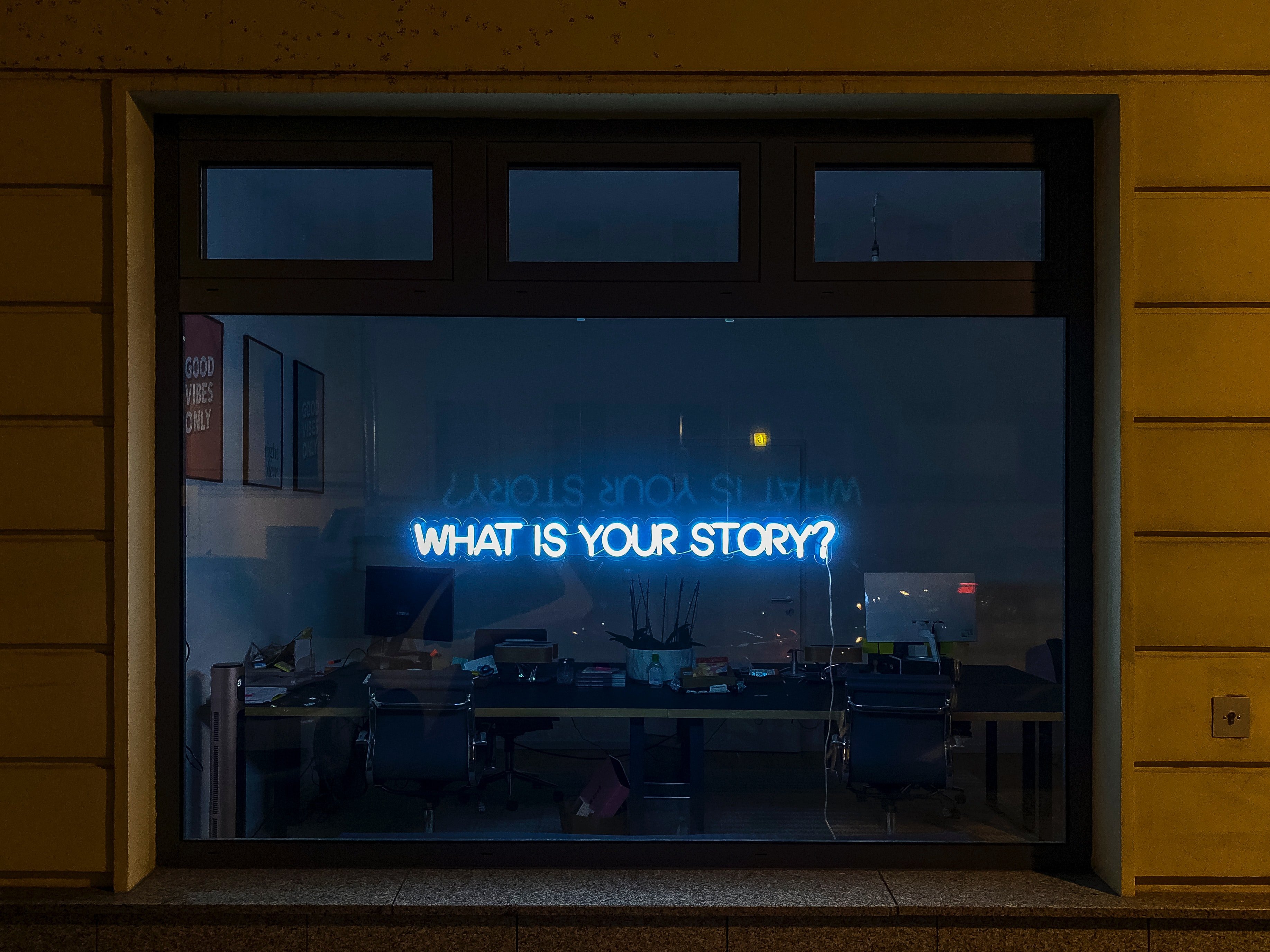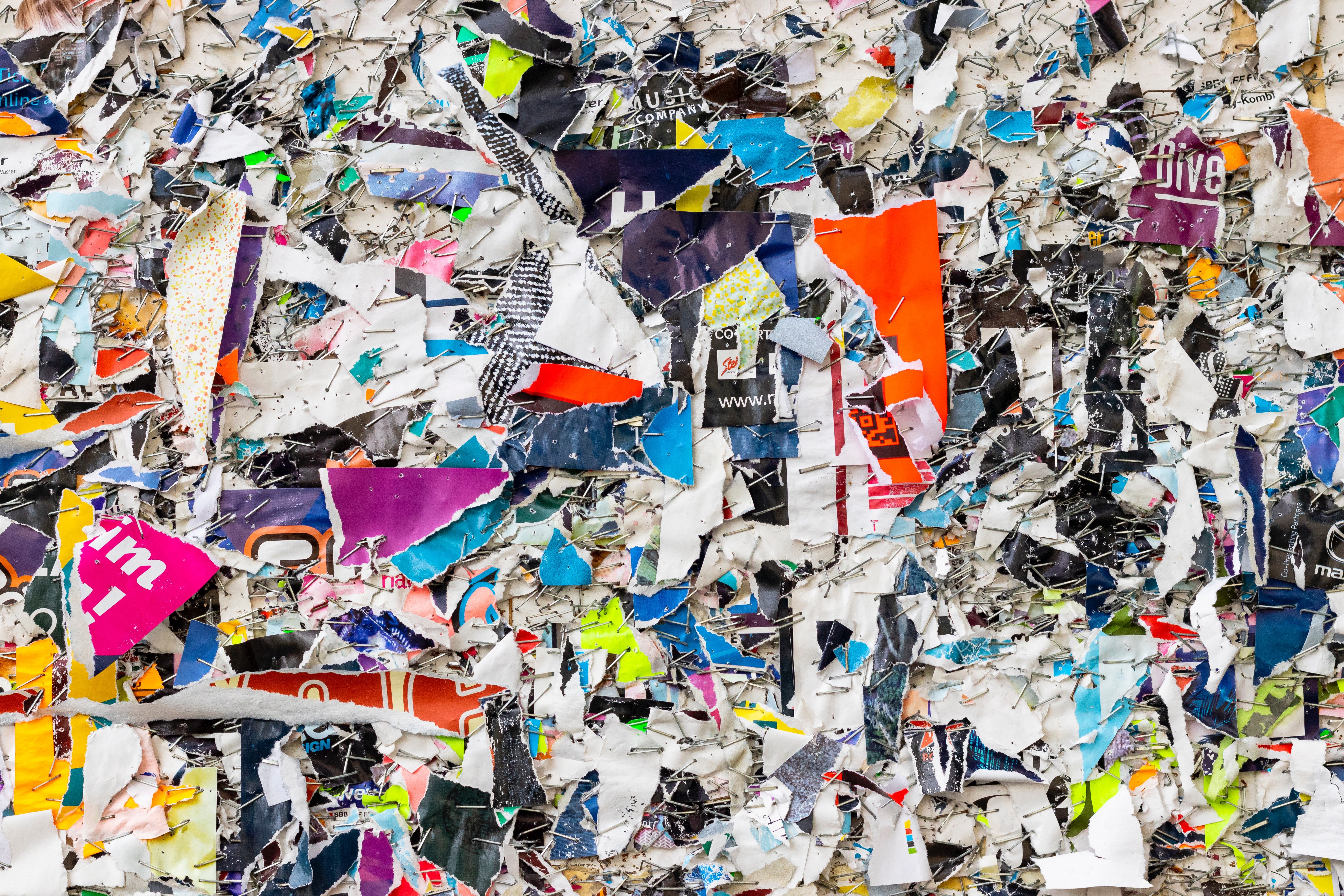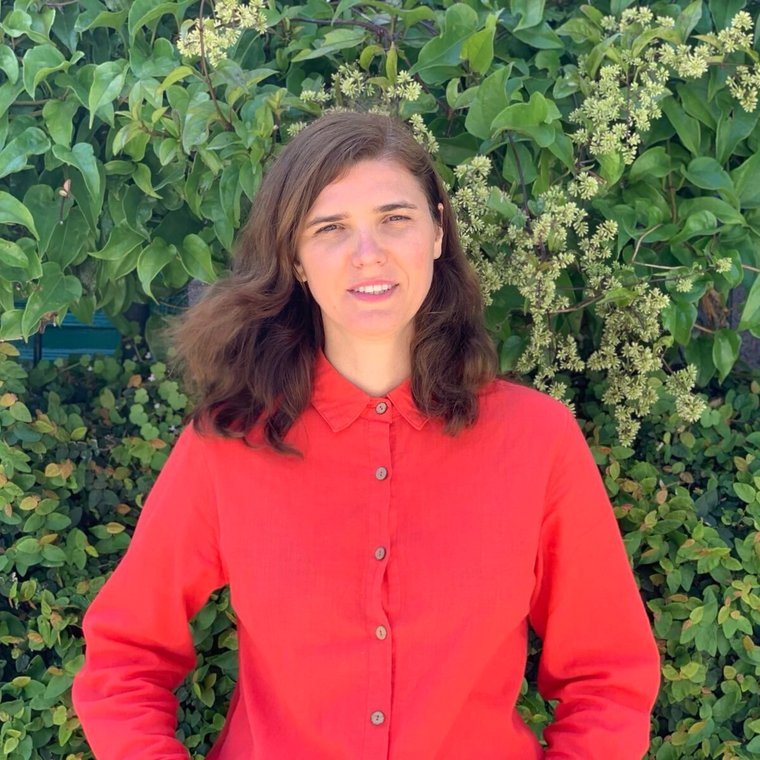This blog is written by Soledad Magnone, an Uruguayan sociologist dedicated to the intersections between digital technologies, education and human rights, with a special focus on youth.
How can we harness the power of collective and emerging knowledge for a healthier internet? Blogging around MozFest can be a fabulous provocation to activate this while expanding your work and perspectives. These articles can take the shape of a screenshot of the state of the art of your projects or experiences; a deadline to converse about its lessons learnt with your allies; a celebration of engaging your community’s unique voice in global dialogues across time zones and languages; and much more. You can make the most out of other communication media you feel more comfortable with, such as podcasts, videos, illustrations and theater. However, writing is often connected as well to the creation process of these alternatives.
“If people cannot write well, they cannot think well, and if they cannot think well, others will do their thinking for them”
George Orwell
This quote from George Orwell has been in my mind for the last few days. Writing is a difficult process, but has been an essential practice to articulate my thoughts, and to understand and liberate my voice. Blogging has been an excellent chance to pump this skill while sharing my expertise and opinions.
Let me walk you through a few examples of how I’ve made sense of the significance of blogging to foster the digital societies that the Mozilla community envision. I hope this motivates Facilitators, Participants, Volunteers and other Collaborators to take part in Mozilla’s hallmark conversations across the universe. If you don’t have a blog, this upcoming MozFest can be the perfect excuse to kickstart one. I will tell you about why I created my blog, how I’ve decoded the benefits from these experiences, and some ideas that can help encode your solutions in future articles.

My MozFest Blogging Journey – How I Got Started
When invited to write about my experience blogging about my MozFest sessions, so many positive aspects emerged (and more come up as I write and re-read this article!). I remembered why I started my blog, how this practice has been instrumental to expand the reach of my MozFest sessions and broadened my perspectives about these with fellow Facilitators and Participants.
I started my blog in 2020 as a result of taking part in Mozilla's Internet Health Report for which people from around the world were invited to showcase their perspectives on healthy and unhealthy moments from that year. For the unhealthy moment I noted Uruguay’s legislation on Data Protection being based on the European Union’s General Data Protection Regulation, yet excluding its specific considerations for children. No one had written about it, so I dedicated my first blog article to elaborate on this topic and be featured on the IHR.
Although I had prior experience with academic articles, I was hesitant about starting a blog and doubted the value of voicing my opinions. The IHR made me aware of this steep gap in information on Uruguay’s data protection legislation and was the perfect call to action. Ever since unlocking this practice I’ve been writing blogs regularly, introspecting about the main takeaways from my digital education projects and openly sharing its resources. I decode blogging as an opportunity to (a) write shorter texts in a more approachable style, (b) expanding this with links to academic, traditional media outlets, and long reads, (c) complementing them with multimedia resources such as slide images, podcasts, videos and session recordings. I generally publish in both English and Spanish. English has been the dominant language around human rights in the digital age. Blogging in different languages has allowed me to mobilise conversations across English and Spanish-speaking communities.
Blogging As A Facilitator
I published a blog article for my first session as a Facilitator at MozFest 2021. This was a workshop based on role playing to raise awareness on children’s data protection and importance of including their participation. By the end of the session, we convened participants to contribute to the blog. This summarised the activity and included reflections on ways to improve it. The blog was also a perfect workaround because we didn’t record the session as it convened people under 18 years old. Writing an article was a solution for language accessibility as well. The session was in English and we translated the blog text into Spanish.
Opportunities: reflect with participants, taking notes of key takeaways, recording your session, access in different languages.
My second MozFest blog was dedicated to a session we organised with Causas Digitales. For the 2022 edition we used a Social Moment to play a quiz game in Spanish inspired by Jeopardy about digital rights and youth activism. The blog article was an opportunity for the group to openly share the game resources and reflect altogether about the strengths and weaknesses after testing it for the first time at MozFest. In this case, the article and all the materials were translated from Spanish into English. Again, this session was featured at the Youth & Futures Space, writing was a way of recording the session and sharing it with a community that couldn’t participate to replicate or remix the game.
Opportunities: improving resources, openly sharing materials, connecting with participants asynchronously.
The third article was for MozFest 2022 as well. This was a chance to give greater context and reflectivity to a short video presented by André Sarli. The movie was co-designed with adolescents from poor neighborhoods in Rio de Janeiro, Brazil. In “DesConectados” André shared the youth’s personal stories and the relevance of engaging with youth through media. I was involved at this MozFest as a Wrangler, the global team that co-creates the Festival. In the article we also reference the curational process and creative synergies between Wranglers and Facilitators. To make it easier to read and write, the article was designed with a conversational format. On this occasion we published in English and Brazilian Portuguese - the first one I had in this language.
Opportunities: complement and deepen sessions with collaborators, keep MozFest momentum.

What will you blog about at MozFest?
Writing is instrumental to structure your thinking process and articulate ideas. Blogging about your MozFest session can be a smart workaround to make it more impactful: To build a MozFest that is more accessible and bolster your local community, to give you space and time to think about the experience, to take note of action points for future iterations, and much more. All my experiences have been about past sessions. However, before MozFest you can write to convene participants, share resources and your intentions to attract allies.
Blogging can be orchestrated with a wealth of media resources to sustain MozFest throughout the year and strengthen your networks.
Will you start a blog too? Create a movie? Launch a social media campaign? Record a podcast?
Take us along a transmedia journey about your past, present, and future MozFest adventures using #MozFest on Twitter, Linkedin, or Instagram.
Join the party on Slack. A team of Wranglers, Mozilla staff and Volunteers is waiting to support you!
MozFest is part art, tech and society convening, part maker festival, and the premiere gathering for activists in diverse global movements fighting for a more humane digital world. To learn more, visit www.mozillafestival.org.
Sign up for the MozFest newsletter here to stay up to date on the latest festival and internet health movement news.


